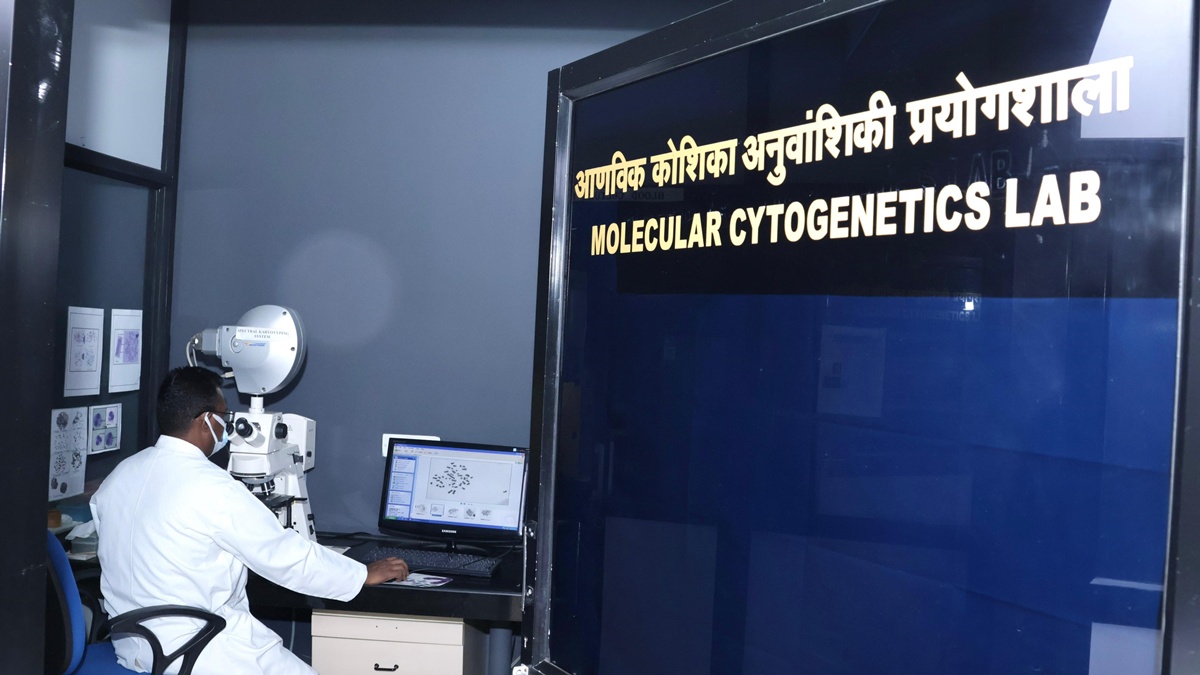Now BMHRC’s cytogenitic lab will check how much damage has been caused by a person. If radiation has more effect during an accident or treatment, then this information is very important for the doctors can get accurate treatment at the right time.
Bhopal Memorial Hospital and Research Center (BMHRC) has achieved a major scientific achievement. It has been included in the country’s Indian biodeosphere network. This network radiation is designed to help people in emergency. In this network, only six institutions from across the country have been selected, including BMHRC, besides institutions of Chennai, Delhi, Lucknow, Mangaluru and Kalpakkam. The initiative is led by Bhabha Atomic Research Center (BARC).

Lab will detect how much damage to cells with radiation
- BMHRC researcher Ravindra M. Samarth said that his lab diascentric chromosome assesy (DCA) and Micronucleus Assse will be able to check blood with blood from modern techniques and tell how much damage cells have been caused by radiation in the body.
- This technique will be useful, especially when there is an accident in the nuclear plant, the hospital gets a malfunction or a leakage of radiation somewhere.
- The biggest effect of radiation is on chromosomes present in the cells of the body. They can break, connect or change their shape, causing severe damage to the body.
- BMHRC lab will now work in such cases with other big laboratories in the country.
They say that it is a matter of pride to include BMHRC in this particular network. With this, people of Bhopal and Central India will be able to get expert assistance here in any emergency related to radiation.
Manisha Srivastava, Director in charge, BMHRC.





